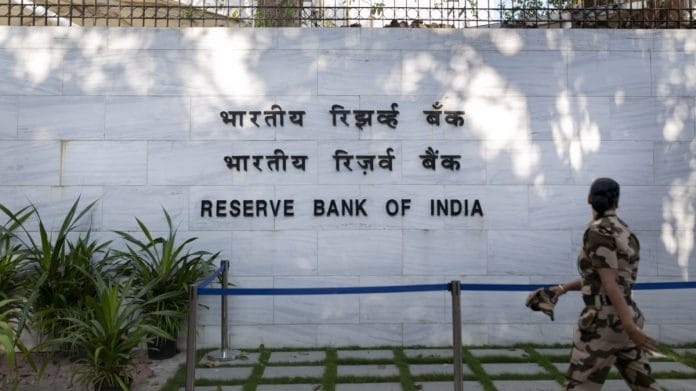Thank you dear subscribers, we are overwhelmed with your response.
Your Turn is a unique section from ThePrint featuring points of view from its subscribers. If you are a subscriber, have a point of view, please send it to us. If not, do subscribe here: https://theprint.in/subscribe/
The term impossible trinity is a well-known concept for any macro economist. It says that, interest rate, inflation and capital flow can never be under check, at any given point of time. In order to boost economic activity, RBI had maintained very low interest rates for some time now, hoping that it would propel private investment and improve consumer sentiment thereby increasing domestic consumption. In its recent MPC meeting, RBI has maintained the repo rate at 4% giving indication that the growth we have seen in Q2 should continue and should be self-sustainable. However, there are concerns from some of the industry experts that prolonged lower rates of interest will only make inflation look north.
Inflation is of two types: cost-push and demand-pull. Entire onus of maintaining healthy inflation levels should not be put on the shoulders of RBI. In lay-men’s term, demand-pull inflation rises when people get excess money in hand and start consuming more than the supply. RBI’s monetary policy intervention by raising interest rates will help ease demand-pull inflation. But when it comes to cost-push inflation, RBI’s intervention by tweaking interest rates will only hamper the private investment and domestic consumption, thereby negatively impacting the GDP. Cost-push inflation has to be handled through fiscal policy by way of PLI (production linked incentives) to manufacturing sector and by keeping a vigil on illegal hoarding of pulses, grains and edible oils.
Post the pandemic, there are severe disruptions in global supply chains. Also, the trade relations between China and other major countries has taken a hit. Due to which, prices of edible oils, crude oil and other essential raw material have sky-rocketed. In the month of September’21, Government intervened and reduced the customs duty and agri-cess on crude edible oils which has started showing its impact in terms of reduced wholesale prices by major edible oil manufacturers like Adani Willmar, Gemini etc. Last month, along with central government, majority of the state governments have reduced excise duty and VAT on petrol and diesel.
Fuel is the major fuel for economic activity. Reduction in fuel prices have direct and immediate impact on all the basket of goods which comprise CPI (consumer price
index). Hoping to see that the reduced fuel rates will have a positive impact on CPI in the coming months thereby giving RBI more room to continue with lower interest rates for some more time.
Lower interest rates will definitely boost private investment, as the expected rate of return from those investments will be lower. But maintaining lower interest rate forever is not sustainable. When real interest rate i.e. interest rate adjusted to inflation is negative or near zero then savings will get diverted to other asset classes like Gold, Real estate and equities (stocks & mutual funds). Historically, these asset classes have beaten inflation and created wealth for the investors. Parallel economy thrives on Gold and Real estate at the same these are dead investments having zero productivity. MF holdings in NSE listed companies has more than doubled to 7.36% in Sep’21 from 3.13% as of Sep’14. In 2019-20, 4 Lakh demat accounts were opened every month which increased to over 26 Lakh per month in the current financial year.
At the current level of interest rates, private savings (household and companies) won’t see
any merit in bank deposits. Hence, lower interest rate regime might help bring down the cost of capital but will also eventually impact the availability of capital as bank deposits fall.
— Mallikarjuna Sarma
These pieces are being published as they have been received – they have not been edited/fact-checked by ThePrint.


